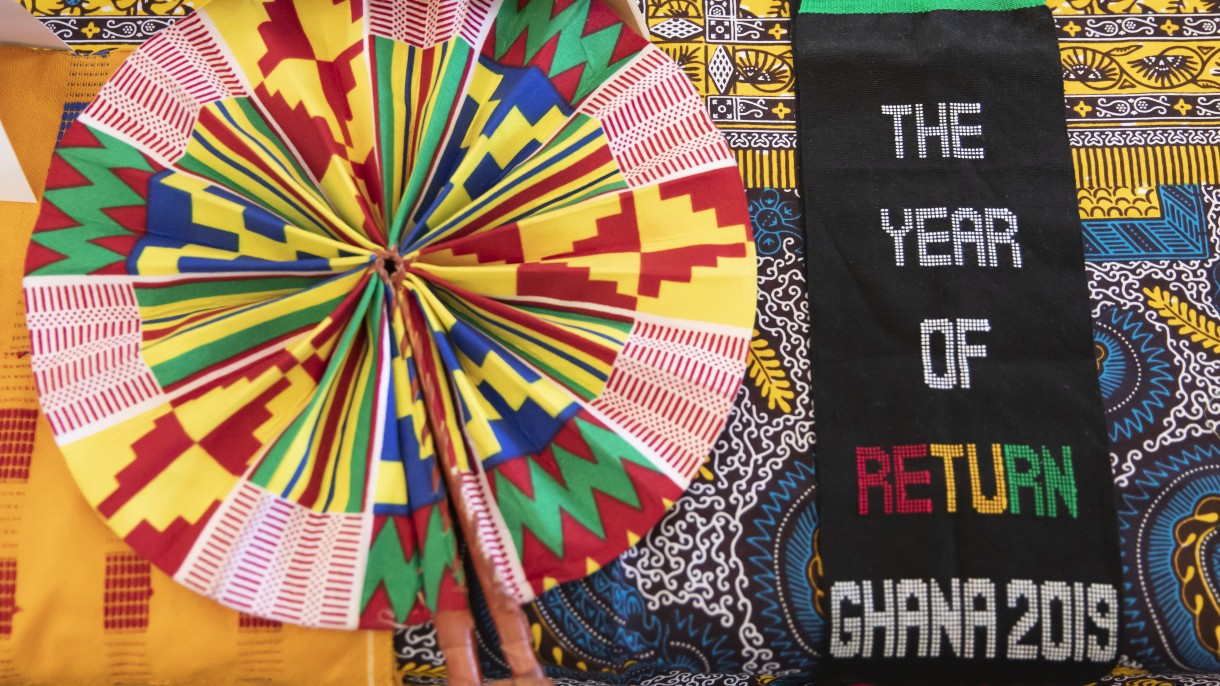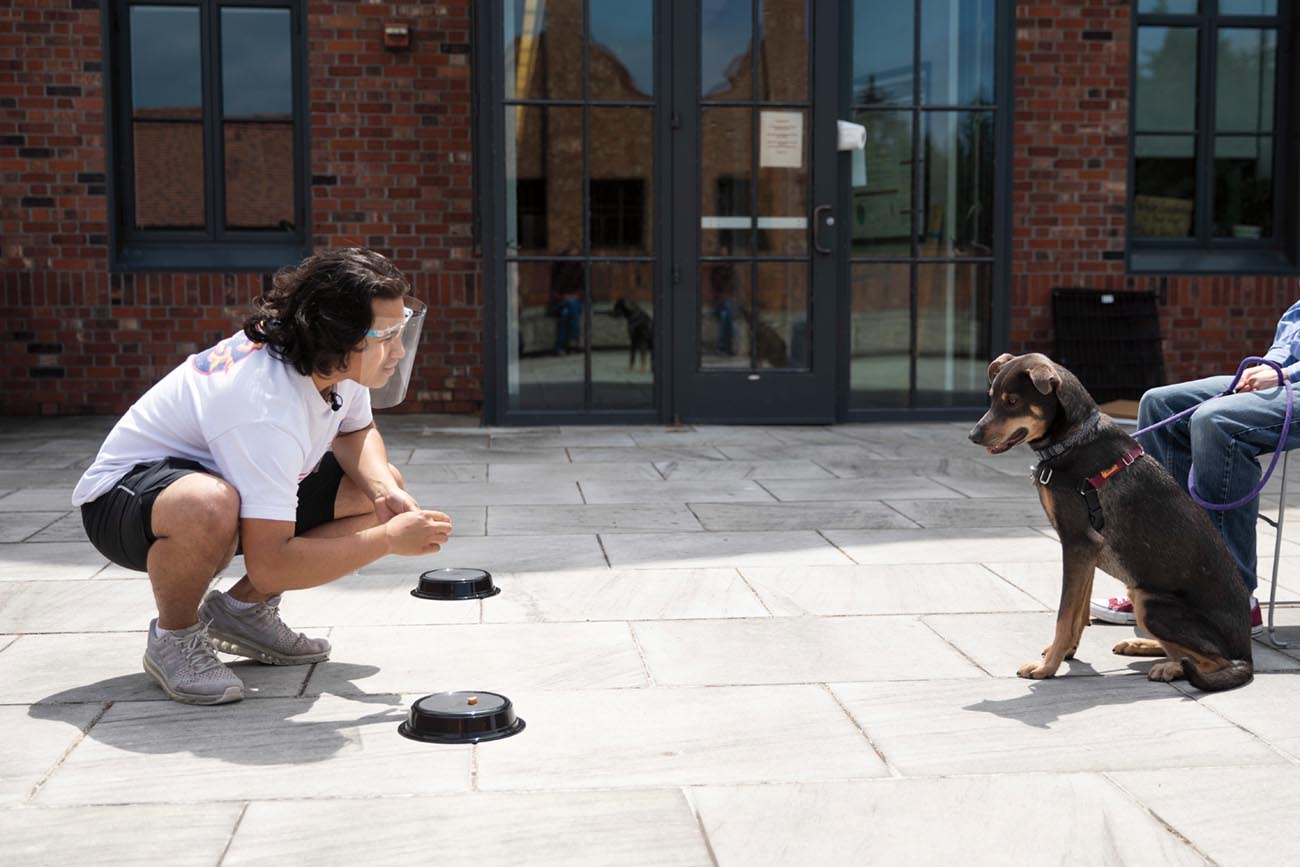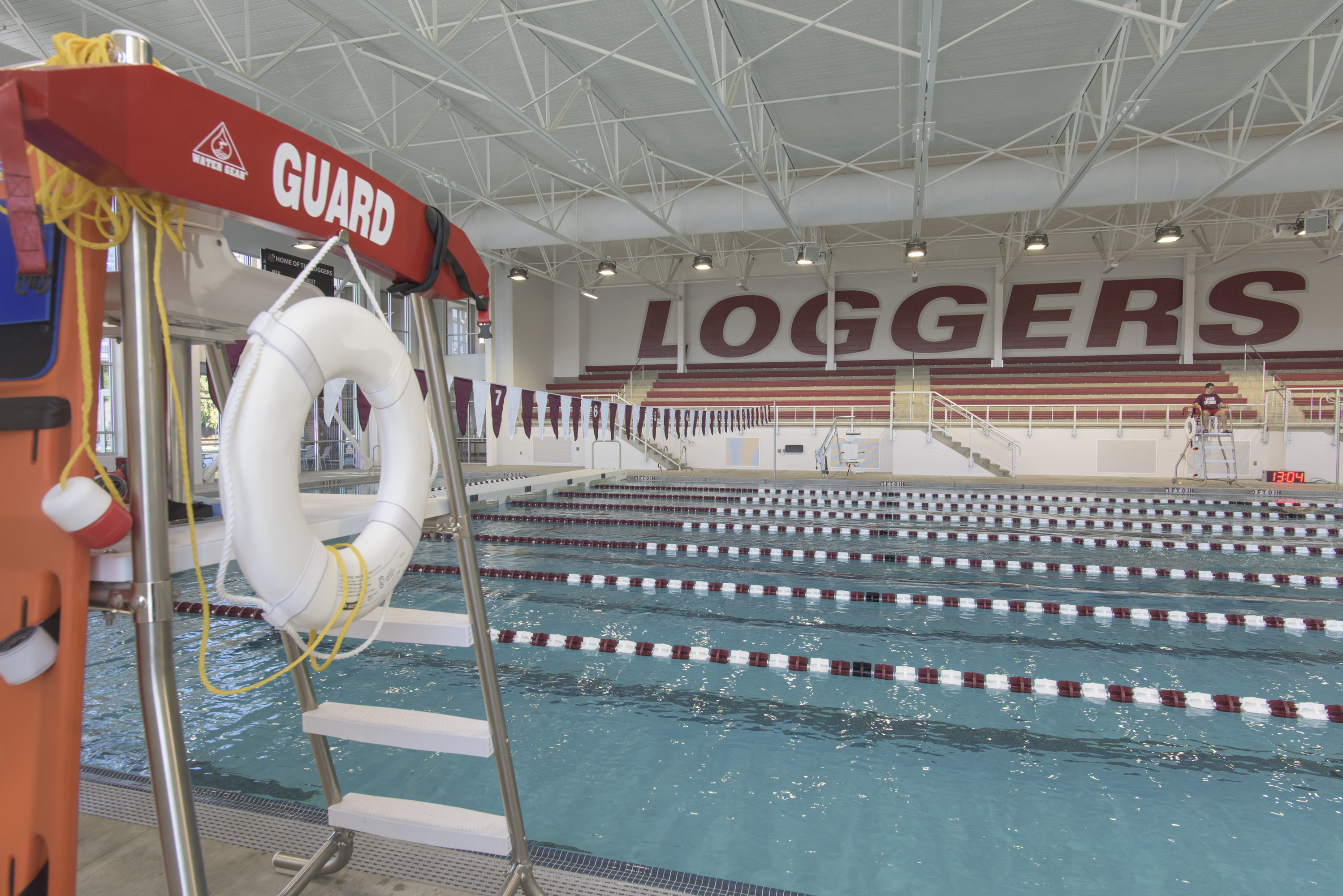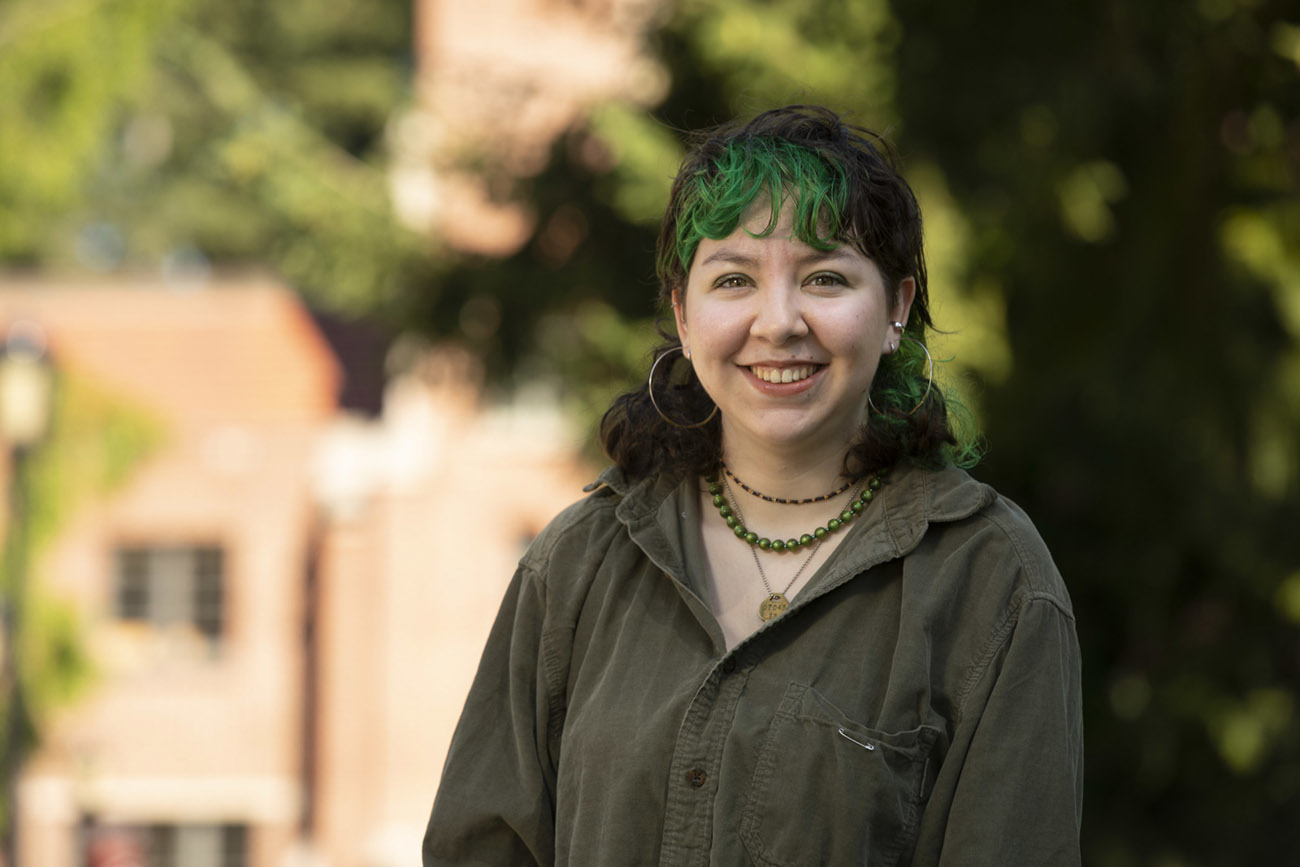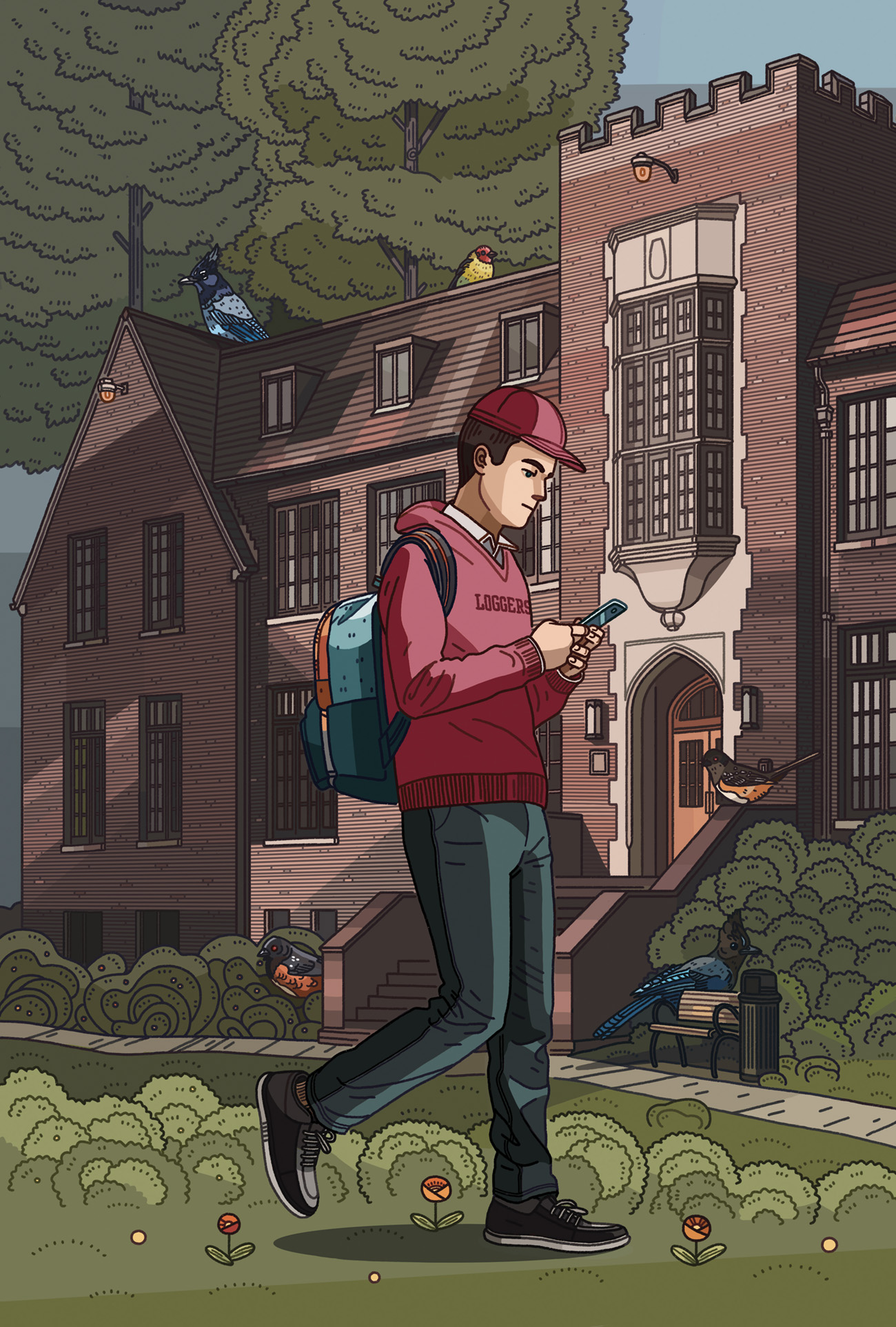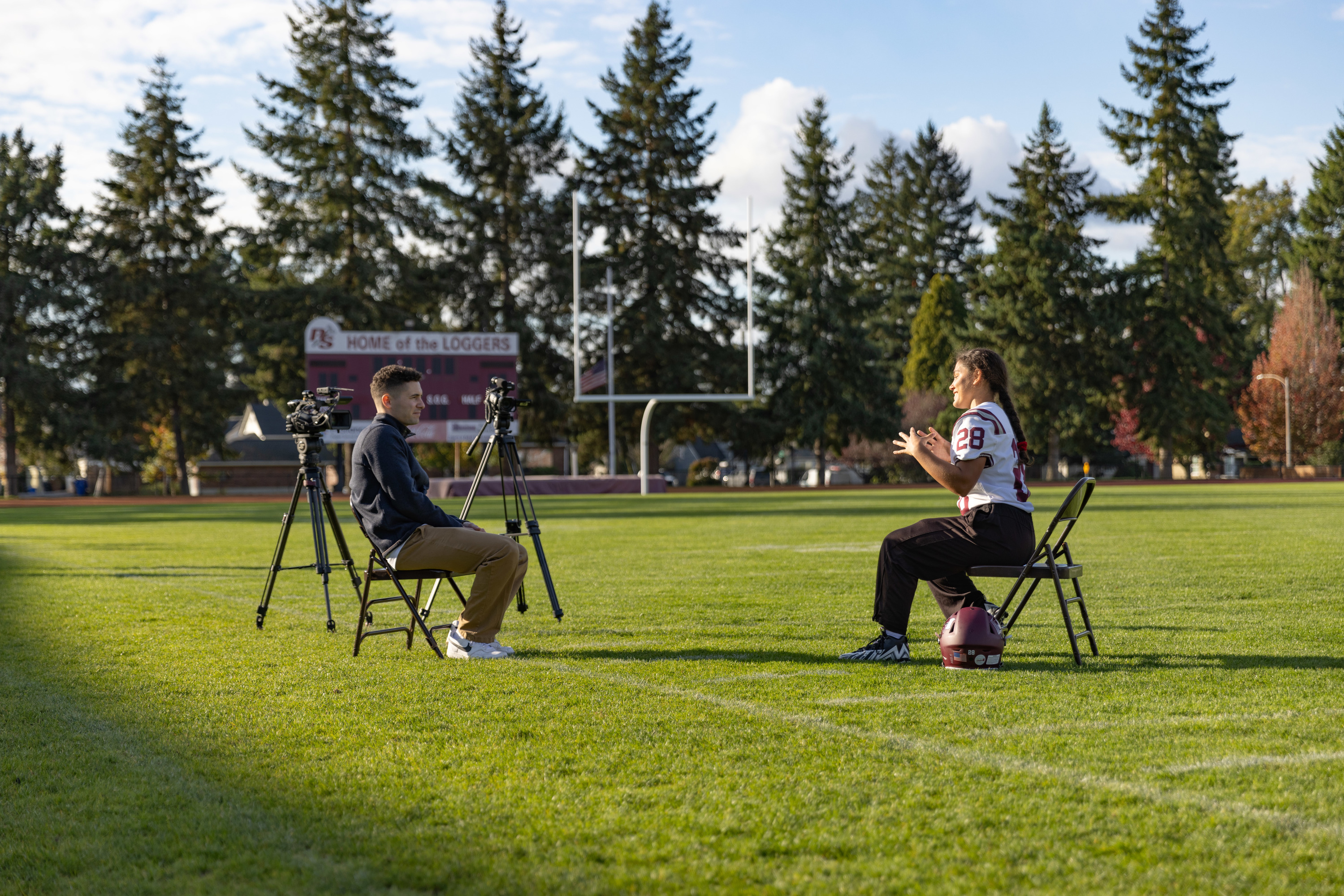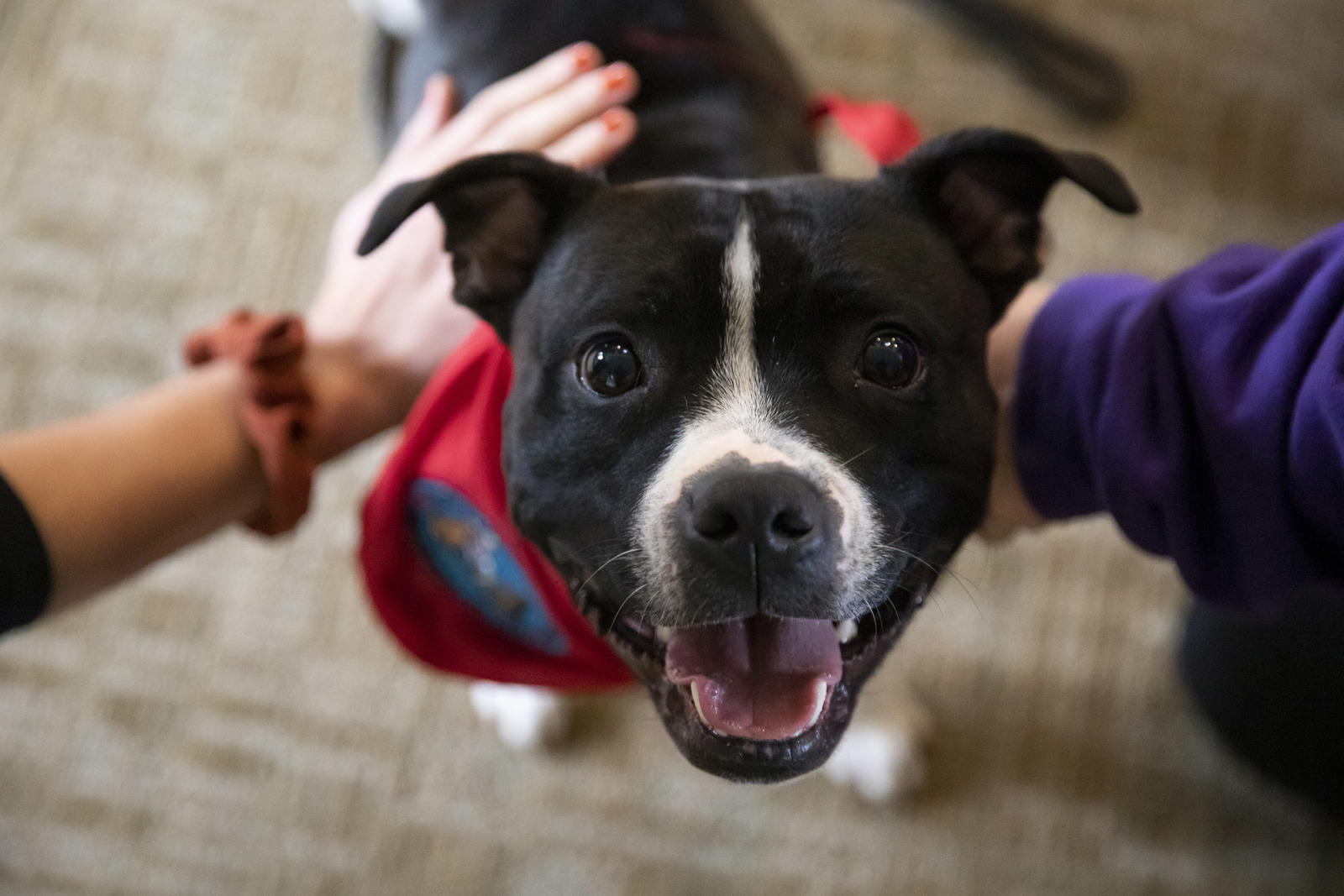I did want to ask one question of you, Erica. How has this trip impacted you understanding both your queerness and your blackness and how those two worlds meet?
Greening: I think queerness is something that people are still reckoning with in a post-colonial world. I definitely navigated Ghana as, “I understand that I’m a queer person, but right now for my own interest, I think it’s best that I keep that more to myself and people I trust with that information.” I got some impressions from folks, specifically our guide Kwame, that that awareness of queerness is starting to come up more and it’s not necessarily punished in the ways that it was before, but he still made it clear to us, whether he meant to or not, that it’s still a social taboo. I definitely realize that, if I were to go back to Ghana, I would still have to navigate that piece of myself and that I would not feel very complete in Ghana. However, I’m still pretty young and Ghana is still a very young country and there’s so much potential in Ghana for change. So I hope to go back in the future and see that change.
So, thinking through all of this again, would you do it over?
Herbert: Yes. Yes. A thousand times. Even with the same people, the same stuff that happened over and over and over again.
Bouligny: Same drama. Same sicknesses.
Walimaki: Same mangoes. [laughter]
Greening: Same waiting two hours for food at a restaurant.
Herbert: It’s a once-in-a-lifetime opportunity. I feel like anyone, especially if you are black or POC who is not black, you should go to Ghana.
Greening: I think it’s unlike any opportunity available for students on this campus. I’ve never heard of this many students of color going on a study abroad trip, led by a black woman, ever before. And we all learned so much about the way power operates within all of us, and the way that power operates between individuals. And just seeing black people living and thriving is so unlike anything else that you could see in the United States.
Walimaki: From my positionality as a white student, it’s important to have an experience where, for whatever the context is—five minutes, three weeks, whatever—you learn to work on not expecting to be the center, not expecting to be the norm, not expecting to be the loudest voice in the room.
Herbert: I would tell African American students that it is essential to your identity and the way that you’ll see yourself, and the way you’ll see others and your importance outside the U.S. and inside the U.S. You’ll come out a completely different person as an African American, and you’ll see your value across countries.
Bouligny: I would say for black students, there’s never going to be another study abroad that will be targeted and affect you the way this one is, and I think that it’s something that should be taken advantage of. Especially if you don’t have the means to do it and this is your one and only chance, take that chance. Even if you have never thought about going abroad, do it anyway, because it’s going to do something to you—whether you’re going in thinking it will or thinking it won’t.
Hess-Fletcher: It was a very freeing experience to be able to just exist, in a sense. And I feel like each one of us took something different home—for ourselves, for our education, for our communities, for our families.
